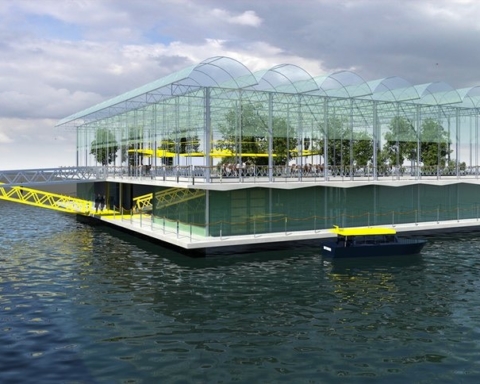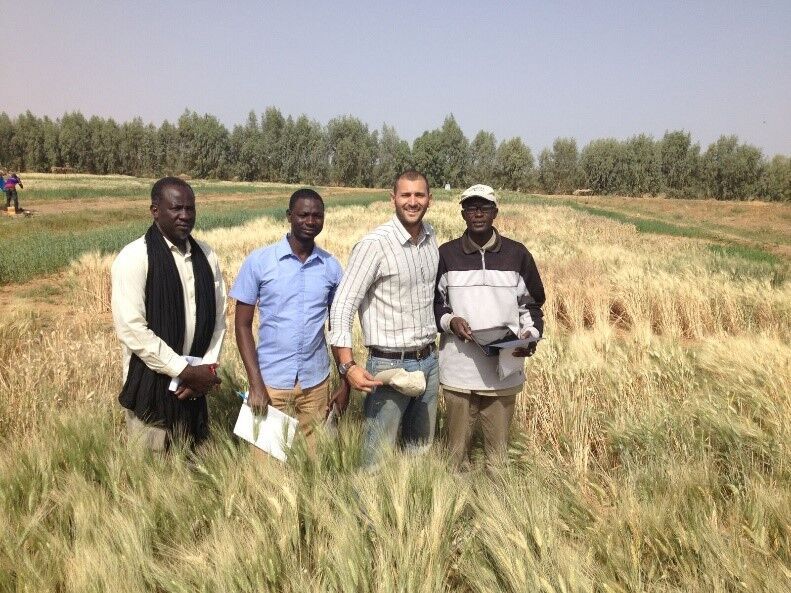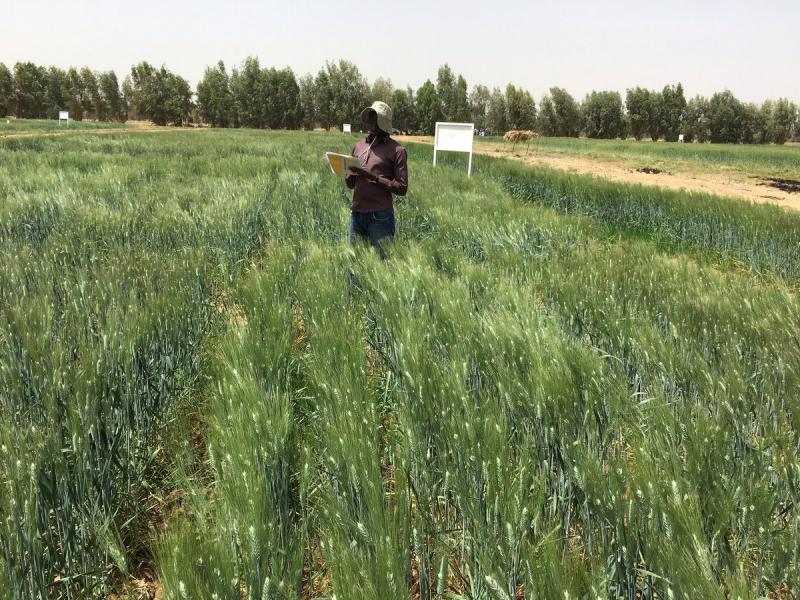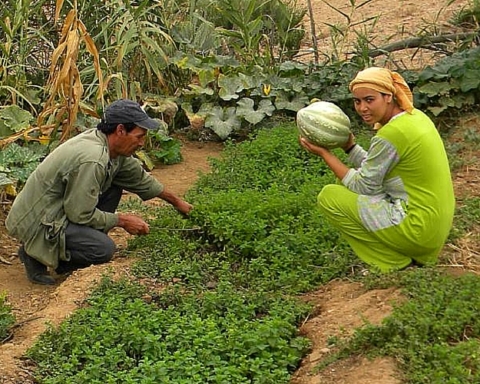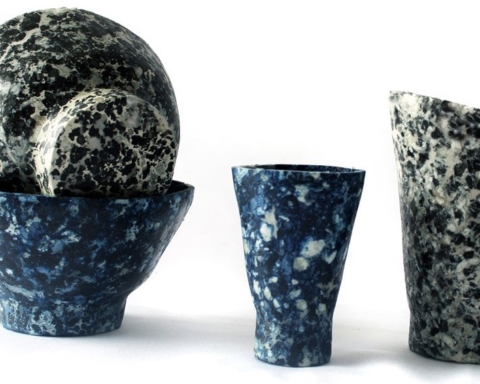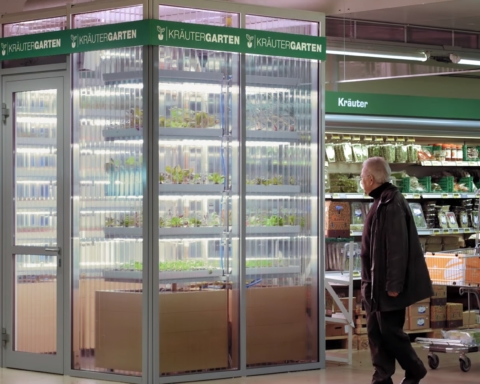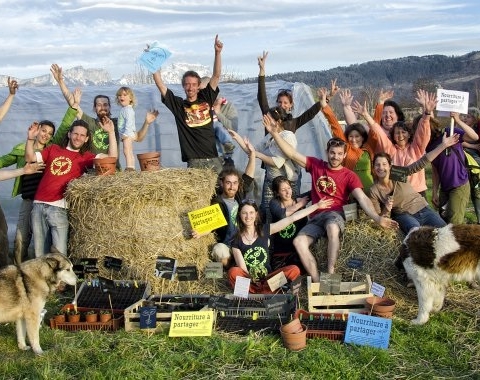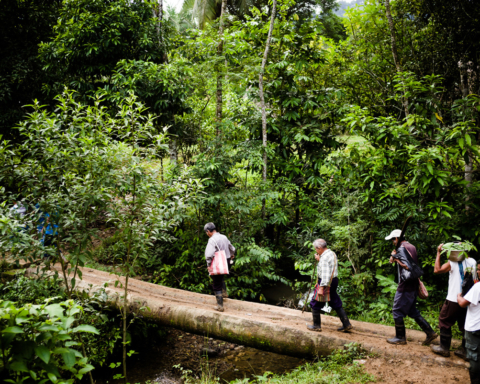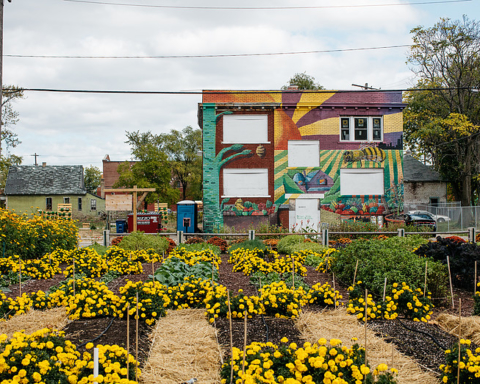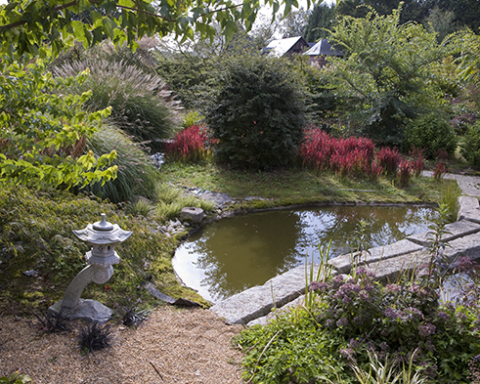In the extreme heat conditions of Senegal, Mauritania and Mali, three countries affected by famine, an Italian scientist got a ‘crazy idea’ which has made it possible to cultivate durum wheat. It could thus increase the incomes of 1 million farming families, and has therefore won the US $ 50,000 2017 Olam Prize for Innovation for Food Security.
The Genomic Footprint Research Project; that is the discovery of genomic regions – a DNA extract containing the sequence of one or more important genes, led by Dr. Filippo Bassi of the International Center for Agricultural Research in the Dry Areas ICARDA and Professor Rodomiro Ortiz (SLU, Alnarp), and funded by the Swedish Council of scientific research, used non-GM molecular breeding techniques to develop a set of durum wheat varieties capable of withstanding constant temperatures of 35 to 40 degrees along the savanna of the Senegal River.
In this region, farmers grow rice for 8 months of the year, but the land remains unused for the other 4 months. Rice cannot grow properly during the winter months when the temperature reaches 35 to 40 degrees Celsius during the day, but only 16 degrees Celsius during the night. The new varieties of durum were therefore developed to grow extremely fast with a potential yield of three tons per hectare in just 90 days. Thus, farmers will be able to grow wheat between the rice seasons, which could result in 600,000 tons of new food, or 175 servings of pasta per person per year in the region, and generate $ 210 million additional revenue for farmers. According to the International Food Policy Research Institute, the activities of an average farming household in Senegal generated 646,500 CFA francs in 2011 -, this amounted to US $ 1,167.12 on 20/11/2017. Wheat contains 5 times more protein, vitamins and minerals than rice; it will also help improve diets.
The discovery of heat-resistant durum wheat can help eradicate poverty
Thanks to ICARDA’s policy of free sharing of germplasm and IP (preservation of identity) with developing countries, the discovery also has great potential for adaptation for other affected areas by rising temperatures. As a result, 12 expert judges have awarded this groundbreaking research the Olam Prize for Innovation in Food Safety – an international award launched by the international agribusiness in partnership with the Agropolis Foundation.
“When we had this idea five years ago, people thought we were a little crazy. We are delighted to see our project to introduce durum wheat into this Olam Award-winning region. I would especially like to thank our partners for their support: U-Forsk2013, CNARAD, ISRA, Mohammed V University, and SLU Sweden. By working closely with farmers, we have gained their trust. They are aware of the benefits of this variety, which can be easily grown with a minimum investment. Now, we must act to put it on the market. We will therefore use the prize money to promote the establishment of a commercial partnership with the North American pasta and couscous industry,” Dr. Filippo Bassi commented.
Sunny Verghese, co-founder and CEO of the Group, said: “Global agriculture is facing serious problems. Millions of people are starving and the planet struggles to meet the growing demand for calories by not exceeding its limits. With this research by Dr. Bassi and his team show how we can rethink agriculture with an original idea and the commitment of a team of people with a common goal. This discovery not only creates a viable and scalable solution that will likely improve the lives of many people in the Senegal Basin, but could also prove to be very useful in other regions affected by climate-related temperature increases. ”
Dr. Pascal Kosuth, Director of the Agropolis Foundation explains that the African region has, on average, the lowest agricultural productivity in the world and many countries on the continent have responded to increased food demand through imports of overseas. “The development of sustainable agricultural production in difficult climatic conditions and family farming systems requires a common effort in the selection of plants, seed systems, production systems, the product value chain as well as strengthening and training farmers. That is why the panel of independent international experts convened by the Agropolis Foundation has unanimously elected the ICARDA project as the winner of this year’s Olam Prize for Innovation in Food Security,” Dr. Kosuth concluded.



